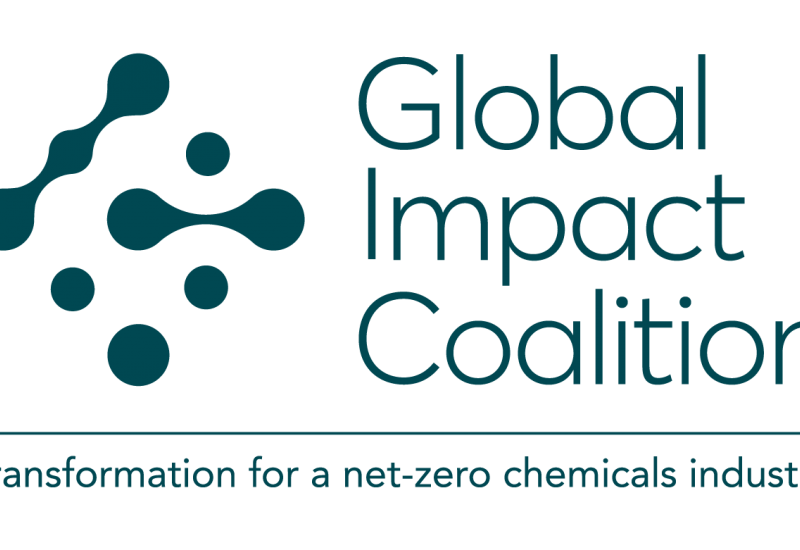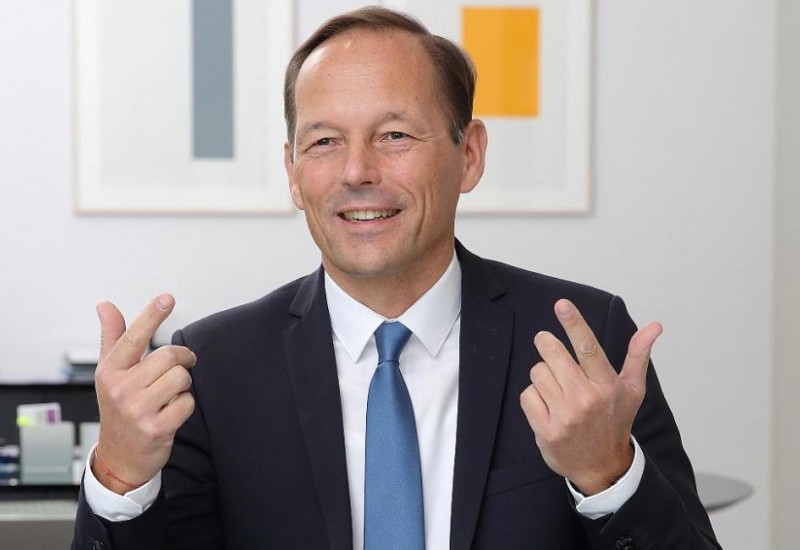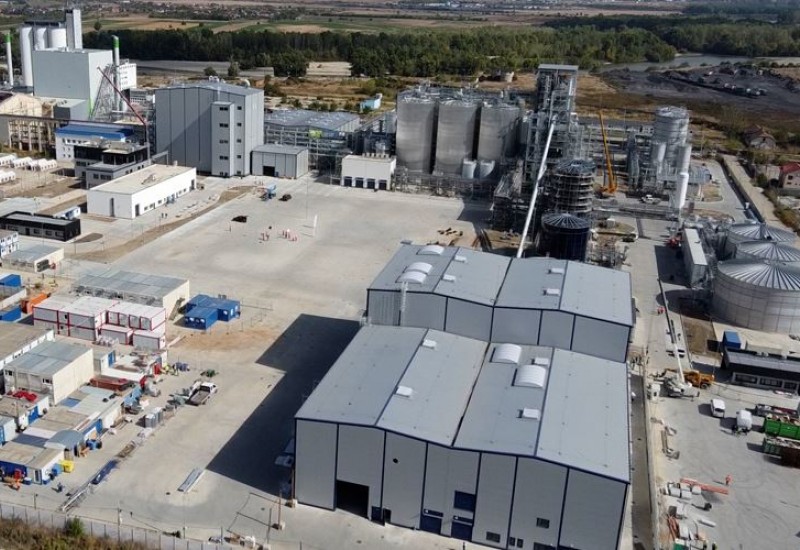Round one to DuPont over Chemours in legal battle
The first step in ongoing litigation in the US between Chemours and its parent firm DuPont over the cost of environmental liabilities relating to historic pollution caused by per- and polyfluoroalkyl substances (PFASs) went DuPont’s way on 2 April. Chemours has said that it will appeal to the Delaware Supreme Court.
Delaware judge Sam Glasscock III granted DuPont’s request to dismiss a lawsuit, saying that he had no jurisdiction to hear the case because the separation agreement between the companies clearly states that all disputes arising from the spin-off are subject to binding arbitration. Arbitrators, unlike the courts, are not able to make significant changes to the agreement.
DuPont spun off Chemours, its former Performance Chemicals unit, in 2015. At the time, it was facing multiple personal injury lawsuits as a result of exposure to perfluorooctanoic acid (PFOA). Its liability was capped at $128 million, though it eventually agreed to pay half of the settlement amount of $671 million and up to $125 million more toward costs of other PFOA-related litigation.
In 2019, Chemours sued DuPont, claiming that it deliberately and knowingly understated the likely cost of historic liabilities by $1-2 billion. At one North Carolina factory alone, these exceed DuPont’s estimate 100-fold. Potential costs have since mushroomed as a result of new lawsuits over water contamination related to PFAS chemicals, as well as PFOA and the GenX fluorosurfactant.
Chemours also sought a judgment limiting DuPont's indemnification rights to the maximum liabilities it certified or for the $3.9 billion dividend it had paid DuPont to be repaid. It argued that the separation agreement was forced upon it. While it was signed by the Chemours board of the time, the company said, this comprised three DuPont executives who had all resigned by the time the spin-off was completed.
However, Judge Glasscock established that these actions were legal and that Nigel Pond, VP at the time, “executed the Separation Agreement on behalf of Chemours”. He also dismissed the claim that DuPont’s domination of the negotiations meant that mutual consent was not properly given.















